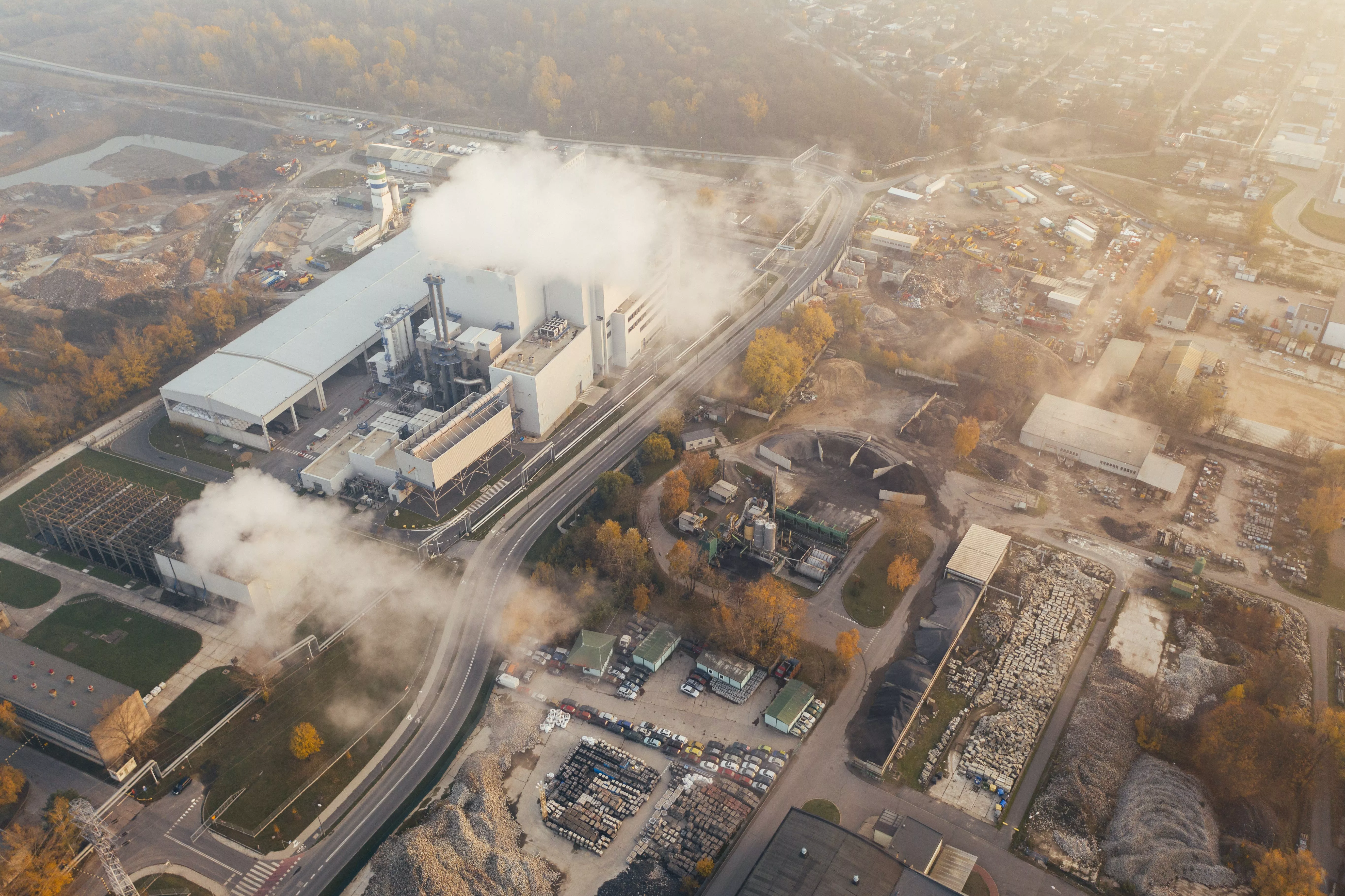
CIOB joins forces to urge Government to regulate embodied carbon
CIOB joins forces to urge Government to regulate embodied carbon
CIOB has joined leading organisations to warn political leaders about the urgent need for regulation of embodied carbon emissions in construction.
The Chartered Institute of Building (CIOB) has teamed up with 10 leading organisations to warn political leaders about the urgent need for regulation of embodied carbon emissions in construction.
Environment experts from CIOB, UK Green Building Council, The Institution of Structural Engineers, the Institution of Civil Engineers, Construction Industry Council, Chartered Institution of Building Services Engineers, UK Architects Declare, RIBA, RICS, Association for Consultancy and Engineering and Part Z have all joined forces to send a clear message to Government.
They warn regulation is necessary because buildings and construction form a substantial part of UK carbon emissions, which are a main driver of climate change. The group believes UK policy has stalled and urgent action is needed.
Amanda Williams, Head of Environmental Sustainability at CIOB, said: “There have been numerous industry initiatives over recent years, calling for government action to reduce the construction industry’s embodied carbon emissions.
“We now join forces as an expert group to pull these proposals together, uniting with one voice for change and asking Government to ensure the UK keeps pace with those who are currently leading this agenda.”
The group of experts has issued a paper to political leaders with a key ask: to include in their manifestoes a commitment to move to reduce embodied carbon emissions in construction within two years of starting government.
Steps for action include:
- In 2024: Policy signalled to confirm the dates and interventions below.
- By 2026: Mandate the measurement and reporting of whole-life carbon emissions for all projects with a gross internal area of more than 1000m2 or that create more than 10 dwellings.
- By 2028: Introduce legal limits on the upfront embodied carbon emissions [those emissions due to the use of materials in the initial construction] of such projects, with a view to future revision and tightening as required.
The group says these actions are essential as around one in 10 tonnes of the UK’s total greenhouse gas emissions are “embodied carbon” emissions. These relate to the production and use of construction materials, which account for a substantial part of the UK’s overall carbon emissions.

Policy recommendations would be complementary to the ‘carbon pricing mechanism’ announced by the government in 2023 and which is due to be introduced in 2027, as well as to existing UK initiatives that incentivise the use of lower carbon cement and steel.
We now join forces as an expert group to pull these proposals together, uniting with one voice for change and asking Government to ensure the UK keeps pace with those who are currently leading this agenda.
Amanda Williams, Head of Environmental Sustainability
Contact our Press Office
We welcome requests for information, comments and interviews from journalists across the globe so please feel free to contact us: